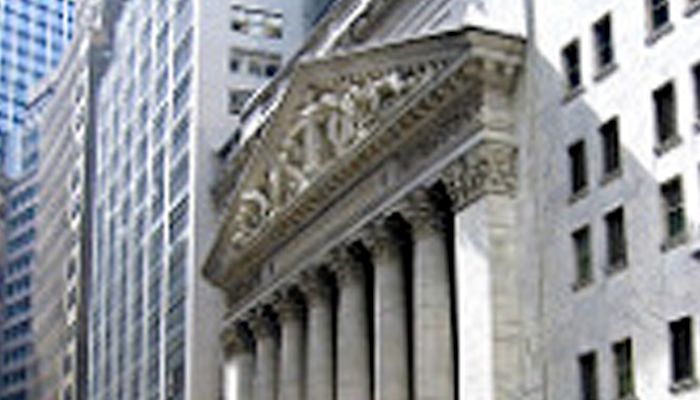Last week I wrote a post called “What Every SMB Needs to Know About Personal Guarantees for Equipment Lease Financing” in which I discussed the general rule that SMB owners of more than 20% of the equity in a business are asked to personally guarantee business lease and loan obligations. Today I am discussing the types of exceptions to the general rule that SMB owners sign personal guarantees. And with 61 percent of small business owners expecting their businesses to grow over the next 12 months, according to the inaugural Bank of America “Small Business Owner Report”, that means there will be more demand for business credit and owner personal guarantees. Below are five exceptions for a SMB signing a personal guarantee.
- Owners of large, well established SMB’s usually don’t have to personally guarantee business lease and loan obligations. These businesses generally are C corporations, have revenues exceeding $25 million, have been profitable for at least the last three years, have strong equity and low leverage. The requirements for S corporations are higher. In these cases , the companies can “stand on their own” and a lender or lessor need not look to an owner for additional financial support.
- And of course, public companies registered on a public stock exchange like NASDAQ won’t need an owner/stockholder to personally guarantee an obligation.
- If a company is employee-owned by an ESOP – an Employee Stock Option Plan – then most employees will only own a small fraction of the company, and again a lender or lessor will not look to the employees for additional financial support.
- Non-profit companies often don’t technically have owners, or if they do, the owners don’t financially benefit when a lessor or lender provides capital. There is no expectation that these “owners” would personally guarantee.
- Venture-backed companies usually don’t have to personally guarantee business lease and loan obligations. In this case, the venture capitalist will likely refuse to provide a guarantee, because it wants to limit its loss exposure to its investment. It would be unreasonable to ask only some owners to personally guarantee business lease and loan obligations – the non-venture capitalist owners – if the other owners refuse. This is one of the principal reasons why venture-backed companies find it hard to obtain equipment lease financing.
While these exceptions are important, the general rule stands. In any event and under any situation, a personal guarantee is always well-regarded by a lessor or lender, and adds strength to the credit request. A business owner who is willing to stand behind the business and guarantee the business’s obligations, will increase the probability of obtaining a credit approval, and will generally get better rates and terms.
If you have questions please contact us.

